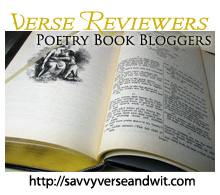
Remember, this is just for fun and is not meant to be stressful.
Keep in mind what Molly Peacock’s book suggested.
Look at a line, a stanza, sentences, and images; describe what you like or don’t like; and offer an opinion. If you missed my review of her book, check it out here.
Today’s poem is from Naomi Shihab Nye:
Blood
A true Arab knows how to catch a fly in his hands," my father would say. And he’d prove it, cupping the buzzer instantly while the host with the swatter stared. In the spring our palms peeled like snakes. True Arabs believed watermelon could heal fifty ways. I changed these to fit the occasion. Years before, a girl knocked, wanted to see the Arab. I said we didn’t have one. After that, my father told me who he was, “Shihab”—“shooting star”— a good name, borrowed from the sky. Once I said, “When we die, we give it back?” He said that’s what a true Arab would say. Today the headlines clot in my blood. A little Palestinian dangles a toy truck on the front page. Homeless fig, this tragedy with a terrible root is too big for us. What flag can we wave? I wave the flag of stone and seed, table mat stitched in blue. I call my father, we talk around the news. It is too much for him, neither of his two languages can reach it. I drive into the country to find sheep, cows, to plead with the air: Who calls anyone civilized? Where can the crying heart graze? What does a true Arab do now?
What do you think?
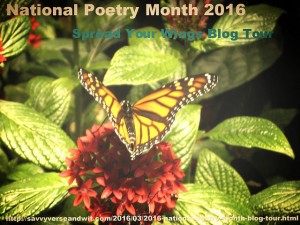
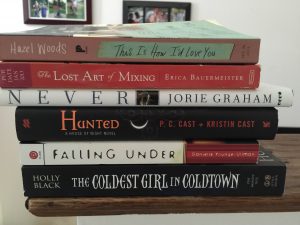


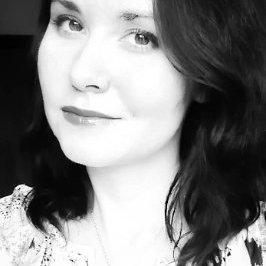 About the Poet:
About the Poet:
 About the Poet:
About the Poet:
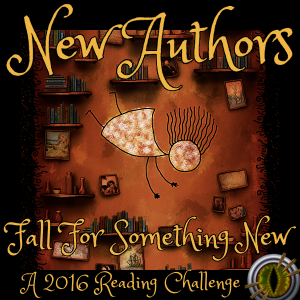



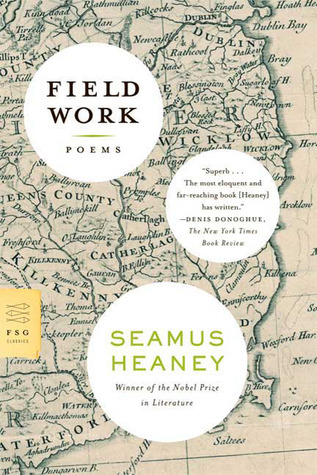
 About the Poet:
About the Poet:


